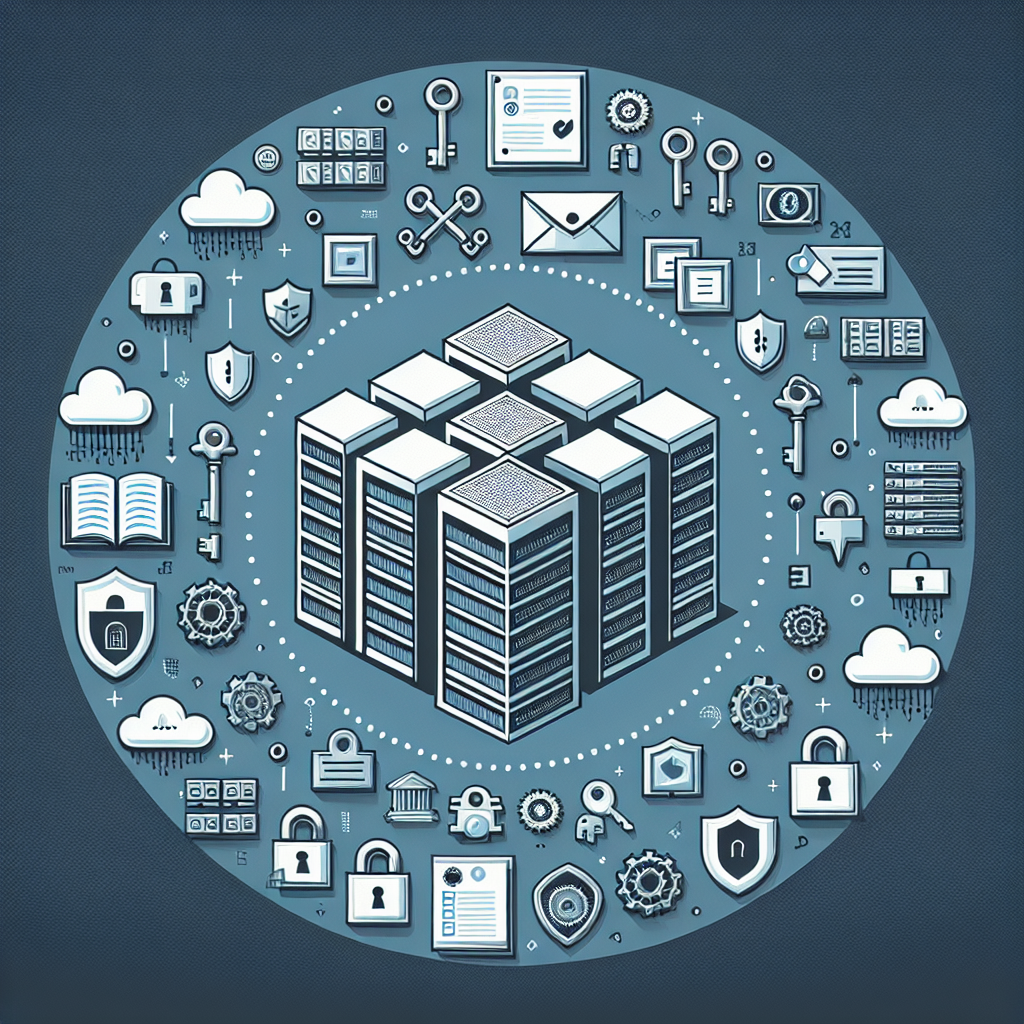In today’s digital age, data centers play a crucial role in storing and managing vast amounts of information for businesses and organizations. With the increasing reliance on technology, the importance of data center compliance has become more critical than ever. Ensuring security and privacy within data centers is essential to protect sensitive data and maintain the trust of customers and stakeholders.
Data center compliance refers to the adherence to regulations, standards, and best practices that govern the handling and storage of data. Compliance ensures that data centers operate in a secure and efficient manner, following industry guidelines and legal requirements to protect sensitive information from cyber threats and breaches.
One of the primary reasons why data center compliance is essential is to safeguard against data breaches and cyber attacks. As data centers store a vast amount of valuable information, they are prime targets for hackers looking to steal sensitive data for malicious purposes. Compliance measures such as encryption, access controls, and regular security audits help mitigate the risk of unauthorized access and data theft.
Moreover, compliance with regulatory standards such as the General Data Protection Regulation (GDPR) and the Health Insurance Portability and Accountability Act (HIPAA) is necessary for organizations that handle personal or sensitive information. Failure to comply with these regulations can result in hefty fines, legal penalties, and reputational damage. By ensuring data center compliance, organizations can demonstrate their commitment to protecting customer data and upholding privacy rights.
In addition to safeguarding data, compliance also fosters trust and confidence among customers and stakeholders. When organizations demonstrate that they adhere to industry standards and best practices, they build credibility and integrity in the eyes of their clients. Data breaches and security incidents can have a significant impact on a company’s reputation and bottom line. By maintaining compliance, organizations can mitigate risks and reassure customers that their data is safe and secure.
Furthermore, data center compliance helps organizations streamline operations and improve efficiency. By implementing standardized processes and security measures, data centers can reduce the likelihood of downtime, data loss, and other disruptions that can impact business continuity. Compliance also encourages continuous improvement and innovation, as organizations strive to stay ahead of emerging threats and technologies.
In conclusion, the importance of data center compliance cannot be overstated in today’s digital landscape. Ensuring security and privacy within data centers is crucial for protecting sensitive data, maintaining regulatory compliance, and building trust with customers. By investing in compliance measures and adhering to industry standards, organizations can mitigate risks, enhance security, and demonstrate their commitment to safeguarding data. Ultimately, data center compliance is essential for organizations looking to thrive in a data-driven world.
